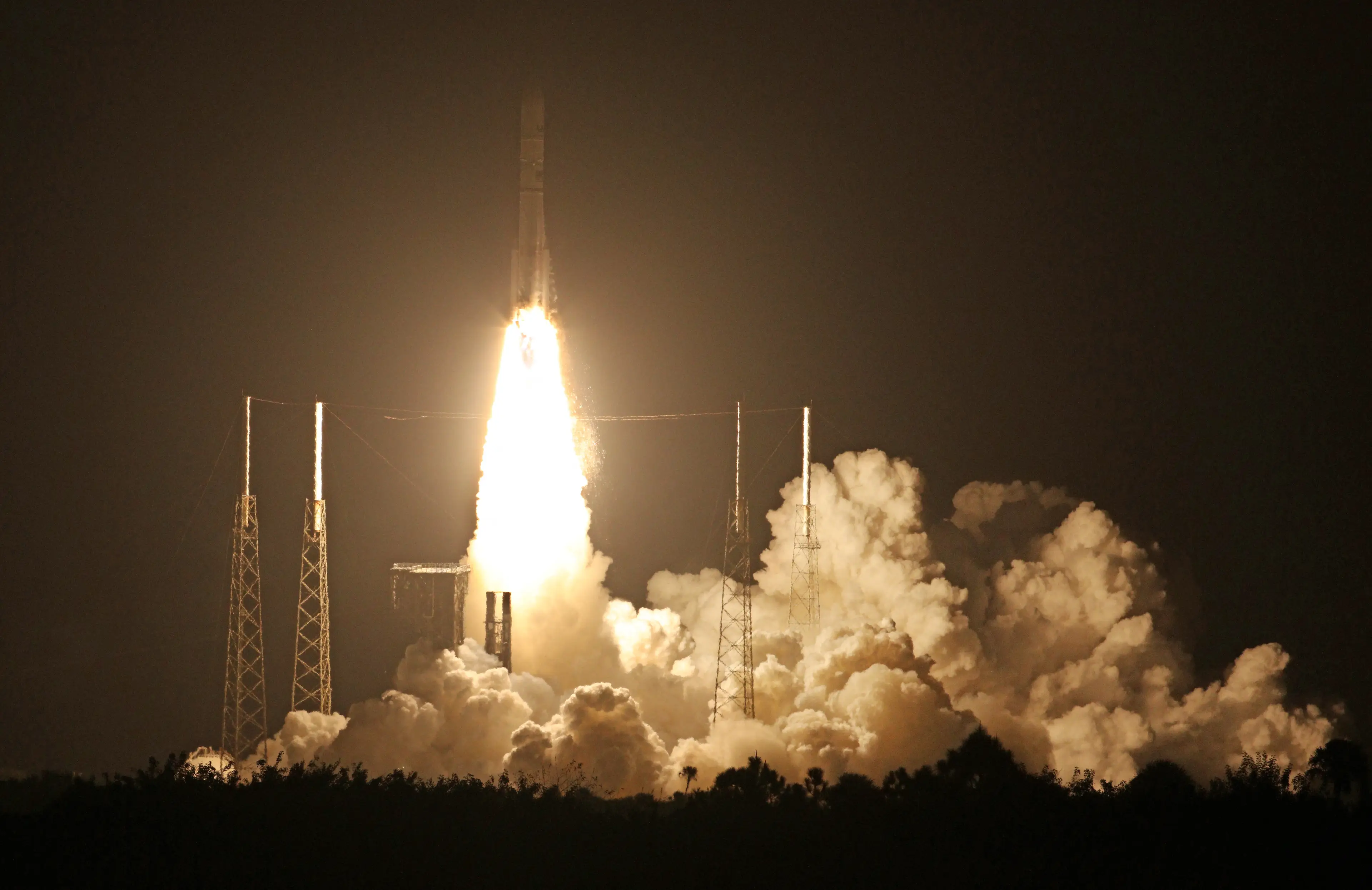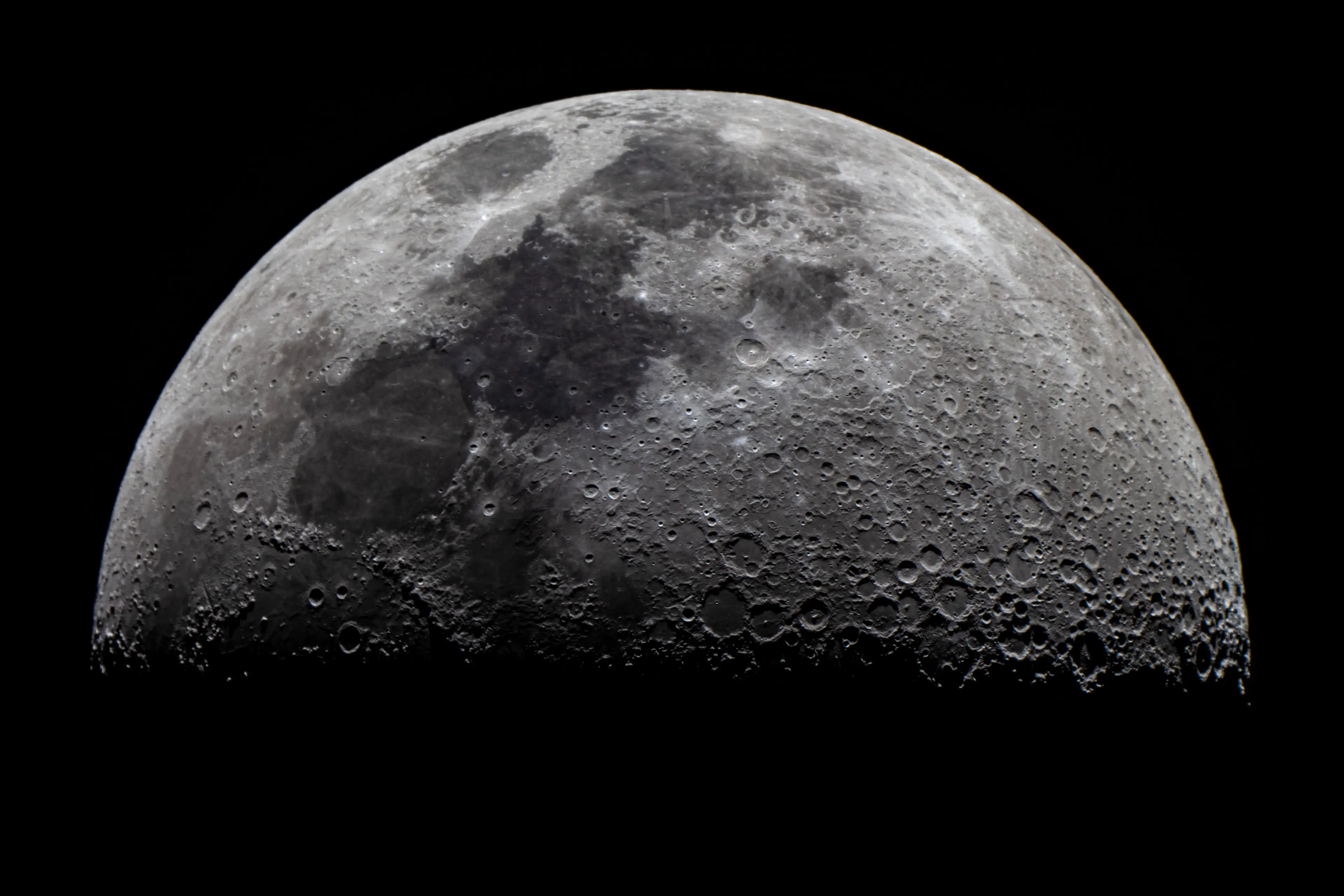
It's a pretty distant concept, but the reality is that just like our home planet, the Moon has a finite set of resources.
We're in the process of sucking the Earth dry of its own resources, and after a period when manned missions weren't much of a priority, the Moon appears to be coming back into vogue among space agencies and nations alike.
Just this month NASA launched a major mission in the form of Peregrine Mission One, which unfortunately didn't make it to the Moon due to a fuel leak shortly after lift-off.

Advert
Prompted by that mission, but also by a general expression of interest in what the Moon could offer up in terms of resources, astronomers warned earlier this month that we should treat lunar riches treated extremely cautiously.
Martin Elvis, of the Center for Astrophysics, Harvard & Smithsonian, told the Observer: "We need to act now because decisions made today will set the tone for our future behavior on the Moon."
This isn't just about wanting to stop states from setting up science fiction-style mines and outposts, though, as explained by astronomer Professor Richard Green, of the University of Arizona.
He told the Observer: "We are not trying to block the building of lunar bases. However, there are only a handful of promising sites there and some of these are incredibly precious scientifically. We need to be very, very careful where we build our mines and bases."
So, it's clear that the prospect of outposts on the Moon is very real, and one that astronomers are keen to ensure doesn't get rushed through in a sort of land-grab, at the risk of destroying sites that could prove hugely valuable scientifically.

There are countless ways in which lunar outposts could offer conditions and locations better suited to long-distance astral studies and observations than anywhere on Earth, including the Moon's huge craters, some of which house pockets that have been identified as perfect for probes.
However, the danger is apparently that these craters could become mired in private enterprise instead of being roped off for study and science, a common enough concern given how things are going back on Earth.
The Peregrine mission, after all, was a commercially-funded one, from a private company called Astrobotic, so this is not some theory, but rather an ongoing worry.
Whether NASA and other space agencies pay heed to the words of Martin Elvis, Richard Green and others is, of course, not something we can speculate about.